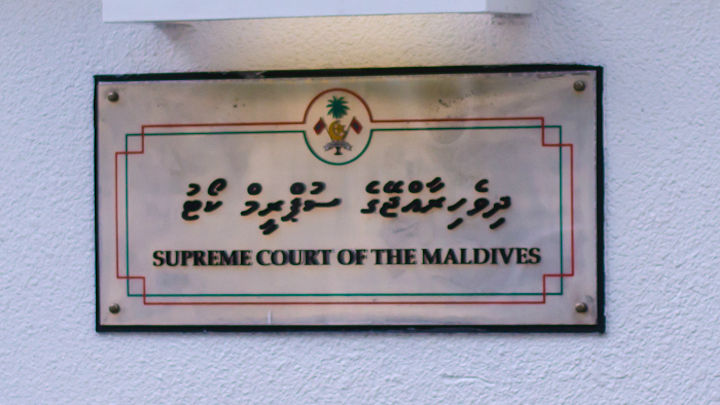Supreme Court strikes down sentence of death by stoning
The magistrate court verdict marked the first time a person was sentenced to death by stoning in the Maldives and sparked heated debate and outrage on social media. Invoking powers under “supervisory jurisdiction,” the Supreme Court said the magistrate court decided the case “in violation of judicial and legal procedures”.

19 Oct 2015, 09:00
The Supreme Court has annulled an unprecedented sentence of death by stoning delivered by a magistrate court yesterday against a woman found guilty of committing adultery.
In a court order issued under “supervisory jurisdiction” late last night, the apex court said the magistrate court of Gaaf Alif Gemanafushi reached the verdict “in violation of judicial and legal procedures to be followed in such cases”.
The woman was charged with giving birth out of wedlock and had reportedly confessed at court to committing adultery.
The Supreme Court also ordered the magistrate court to transfer the case files and all related documents by 12:00pm today.
Become a member
Get full access to our archive and personalise your experience.
Already a member?
Discussion
No comments yet. Be the first to share your thoughts!
No comments yet. Be the first to join the conversation!
Join the Conversation
Sign in to share your thoughts under an alias and take part in the discussion. Independent journalism thrives on open, respectful debate — your voice matters.




